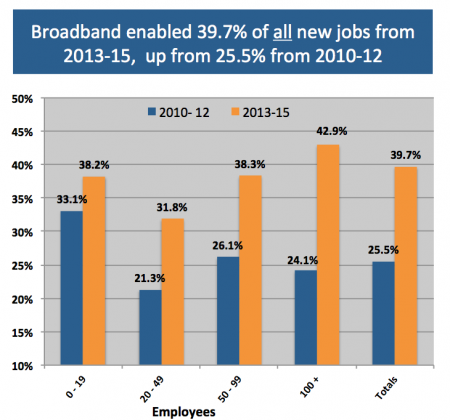Design and Pilot Implementation of the Community Access Project for Trinidad and Tobago
Client: Republic of Trinidad and Tobago and IBM International, Ottawa, Canada. Project Office – Port of Spain, Trinidad.
Project: Community Access Centre (CAC) Project, a component of the fast-forward Community Connections Program, developed operating models and strategies for rollout of multiple CACs across the country to provide computer and internet access to all T&T citizens and to foster computer literacy.
Conducted: March 2006 – January 2007
Results: The CAC program will result in accelerating economic development and contribute to transforming Trinidad and Tobago into a knowledge-based economy by the year 2020. SNG identified the services and content requirements for three pilot sites and established the plan for the implementation and operation of the pilot sites, which were successfully launched in November 2006. Conducted interviews in Trinidad with Ministry stakeholders and local community leaders to determine CAC user needs, as well as content availability for the pilots. Initiated and managed development of a CAC Web Portal to provide a focal point for user access and CAC program content. Defined and documented the operational policies and procedures for the pilot sites in consultation with key stakeholders. Developed a detailed revenue and cost model and recommendations for the proposed CAC roll out of CAC sites across Trinidad and Tobago. The analysis recommended between 200 and 250 sites of various size. The program investment required $50M over four years and the analysis demonstrated that the program could be financially sustainable.Client: Republic of Trinidad and Tobago and IBM International, Ottawa, Canada. Project Office – Port of Spain, Trinidad.
Project: Community Access Centre (CAC) Project, a component of the fast-forward Community Connections Program, developed operating models and strategies for rollout of multiple CACs across the country to provide computer and internet access to all T&T citizens and to foster computer literacy.
Conducted: March 2006 – January 2007
Results: The CAC program will result in accelerating economic development and contribute to transforming Trinidad and Tobago into a knowledge-based economy by the year 2020. SNG identified the services and content requirements for three pilot sites and established the plan for the implementation and operation of the pilot sites, which were successfully launched in November 2006. Conducted interviews in Trinidad with Ministry stakeholders and local community leaders to determine CAC user needs, as well as content availability for the pilots. Initiated and managed development of a CAC Web Portal to provide a focal point for user access and CAC program content. Defined and documented the operational policies and procedures for the pilot sites in consultation with key stakeholders. Developed a detailed revenue and cost model and recommendations for the proposed CAC roll out of CAC sites across Trinidad and Tobago. The analysis recommended between 200 and 250 sites of various size. The program investment required $50M over four years and the analysis demonstrated that the program could be financially sustainable.



